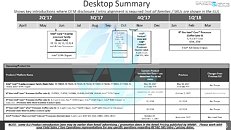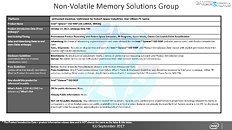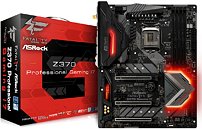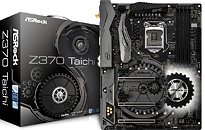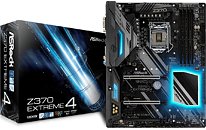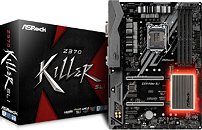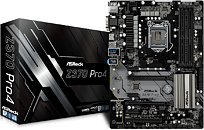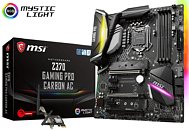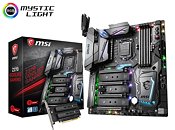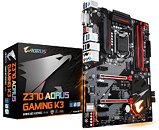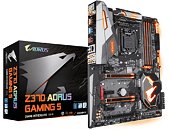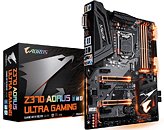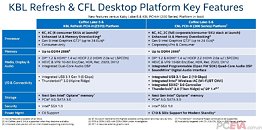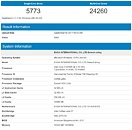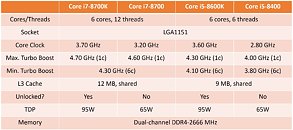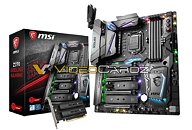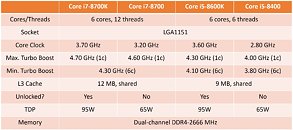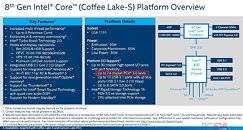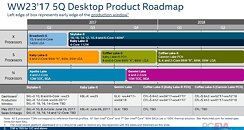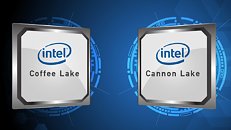
Intel Product Launch Schedule till Mid-2018 Leaked
Intel is on the verge of launching its 8th generation Core "Coffee Lake" processor family with six SKUs, and its top-tier Z370 Express chipset, early next month. Those looking for cheaper motherboards and don't intend on overclocking their processor, will have to wait until the first quarter of 2018, with the company confirming Q1-2018 as the launch window of three of its client-desktop chipsets for 8th generation Core processors, in a leaked Desktop outlook slide, scored by GamersNexus.
Among the new desktop chipsets launched will be the H370 Express, B360 Express, and the H310 Express. The H370 Express offers essentially the same platform connectivity as the Z370 Express, minus CPU overclocking and NVIDIA SLI certification. The B360 Express has a slimmer connectivity loadout, and lacks SLI support, but its predecessors have been generally preferred by gamers wanting to build single-GPU rigs with CPUs running at stock speeds, which is why major motherboard brands have built gamer-centric motherboards on B-series chipsets. The H310 chipset has the lightest connectivity, and is designed to power entry-level motherboards.
Among the new desktop chipsets launched will be the H370 Express, B360 Express, and the H310 Express. The H370 Express offers essentially the same platform connectivity as the Z370 Express, minus CPU overclocking and NVIDIA SLI certification. The B360 Express has a slimmer connectivity loadout, and lacks SLI support, but its predecessors have been generally preferred by gamers wanting to build single-GPU rigs with CPUs running at stock speeds, which is why major motherboard brands have built gamer-centric motherboards on B-series chipsets. The H310 chipset has the lightest connectivity, and is designed to power entry-level motherboards.
